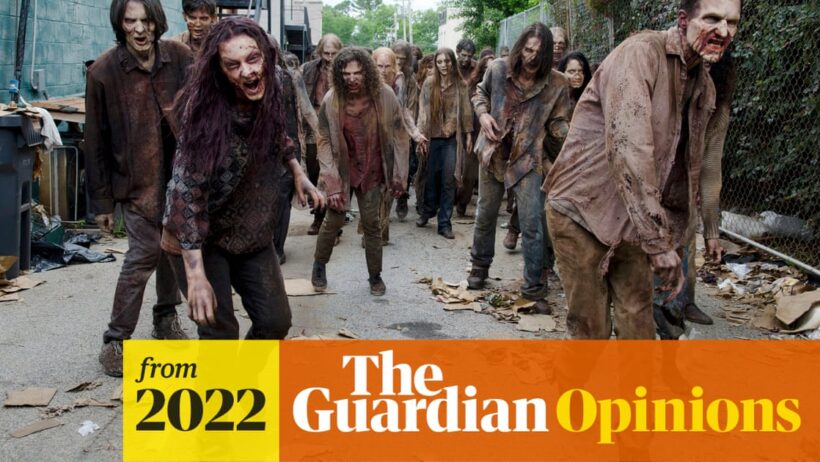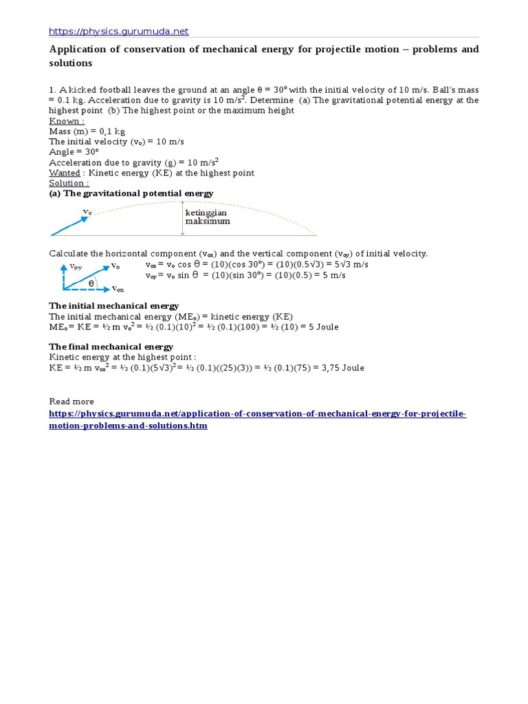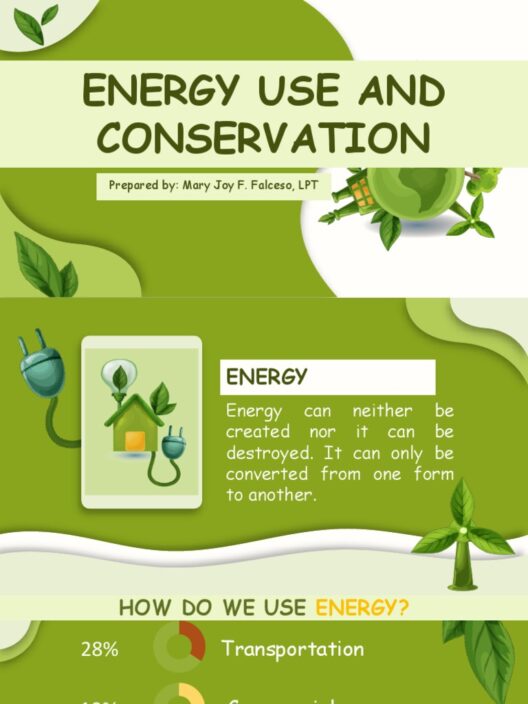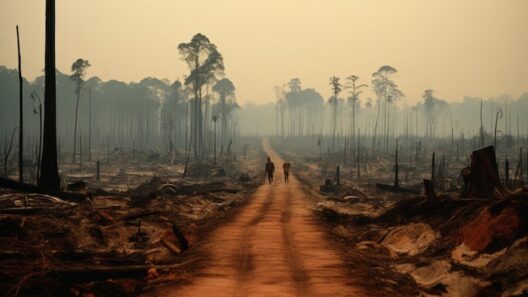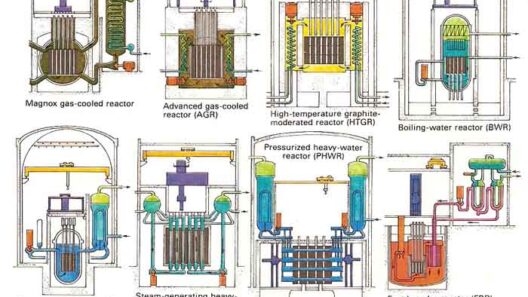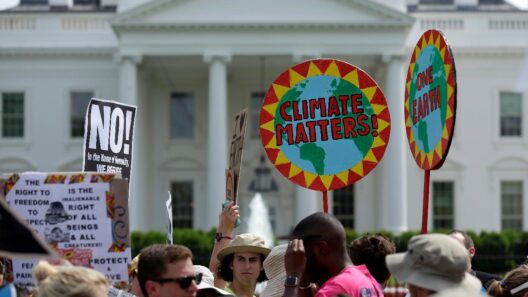As the phenomenon of global warming continues to alter ecosystems and weather patterns with accelerating intensity, a peculiar conversation has emerged in popular culture: could these shifts in climate catalyze a zombie apocalypse? The blending of environmental science with supernatural horror may seem absurd at first glance, but delving deeper unveils a profound exploration of anxiety, humanity’s resilience, and the metaphorical connections drawn from both scenarios.
At the heart of this discourse lies a palpable fear: that of loss—a loss of control, familiar environments, and ultimately, human existence itself. Climate change has triggered an array of drastic events: rising sea levels, extreme weather conditions, and unforeseen wildlife migrations. These changes have fueled narratives of societal collapse, leading some to parallel the anticipated chaos of climate disasters with the mindless rampage of zombies as depicted in literature and film.
To comprehend this metaphor, consider the implications of a zombie apocalypse. In various narratives, the undead are not merely mindless consumers but represent the darkest recesses of a society under duress. When pondering an existential threat like climate change, one might articulate this fear through the lens of the undead—a bulwark against facing the grim realities of an unavoidable future. Thus, the question arises: can global warming indeed provoke a scenario reminiscent of a zombie apocalypse?
One could argue that the rising temperatures lead to more than just sporadic heatwaves; they engender a critical failure of socio-economic structures. With food production under threat from changing climates, famine struggles to take root in vulnerable populations, rendering millions desperate and volatile. In many works of fiction, the collapse of a civil society leads to chaos reminiscent of a zombie outbreak—people lose their humanity amidst the struggle for survival. Such narratives forewarn of what could transpire if climate change remains unchecked.
This connection can be elaborated through the lens of eco-anxiety, a term capturing the dread stemming from ecological degradation. As environmental crises become more tangible, civilizations face a psychological upheaval. The anxieties inherent in climate change often manifest through extreme interpretations, such as a fear of the zombie apocalypse. In this way, undead scenarios serve as a vivid metaphor for the relentless consumption and deterioration of our world, mirroring how pressures from climate change uproot human stability and rationality.
Interestingly, current events epitomize this hypothetical narrative. Consider the effects of wildlife displacement—animal species relocating due to changing climates, which sometimes leads to increased human-wildlife conflicts. A creature once perceived as harmless can become an unanticipated threat akin to an encroaching horde of zombies. Although actual zombie encounters are improbable, the threats posed by wildlife—inflicted by their disrupted habitats—stir up fears far closer to home than traditional horror narratives ever could.
The impacts of climate change can also materialize as apocalyptic scenarios in urban settings. For example, the unbridled spread of infectious diseases can be exacerbated by climate-induced factors, whether through increased temperatures that promote pathogen growth or natural disasters that displace populations and weaken healthcare infrastructures. Just like a zombie virus sweeping through a cityscape, relentless climate change sets the stage for health crises, underscoring how interconnected our ecological health is with human wellbeing.
Moreover, popular media often romanticizes dystopian futures where survivors band together amid societal collapse. This allure resonates on several levels—an opportunity for heroism, resilience, and community in the face of total chaos. Amid global warming’s uncertainties, optimism and camaraderie among humans may forge a path to survival that mirrors narratives of defeating the undead. Thus, while the fear of a zombie apocalypse may be exaggerated, the hope for unity against overwhelming odds is deeply rooted in folk tales and imaginations alike.
Yet, the discussions fueled by the idea of a zombie apocalypse are not merely frivolous or sensational. They serve a purpose: to raise awareness of climate change and its multifaceted impacts. This dialogue, ultimately, invokes action—calling on society to address the grim realities ahead before metaphorical zombies begin to rise from the ashes of humanity’s negligence.
As one contemplates the ramifications of a world assuredly affected by climate change, the uncomfortable truth remains: while a traditional zombie apocalypse may be a fanciful fiction, the underlying themes are real. For the denizens of Earth, there’s a myriad of challenges that could mirror the chaos of a zombie-infested world. Natural disasters, health crises, resource scarcity, and social unrest all threaten the stability of civilization, much like the slow menace of an undead horde.
Ultimately, in addressing the question, “Can global warming trigger a zombie apocalypse?” it becomes essential to realize that the actual point lies beyond the sensationalism of horror narratives. The fear of being overrun by mindless creatures serves as a poignant metaphor for ecological crisis and collective paralysis in the face of rising temperatures. The pivotal concern is not simply whether zombies will roam the Earth, but rather what kinds of existential threats will arise from a planet in peril, and how humanity will respond to its plummet into chaos.
As we navigate this uncertain future, it is vital to foster dialogue about our ecological responsibilities. Individuals must confront the realities of climate change and take action that cultivates a sustainable environment. While pondering fictional threats may be entertaining, the authentic battles against climate change call for our undivided attention. The fate of our world hinges not on the fear of the undead, but on humanity’s commitment to nurturing the planet it inhabits.



